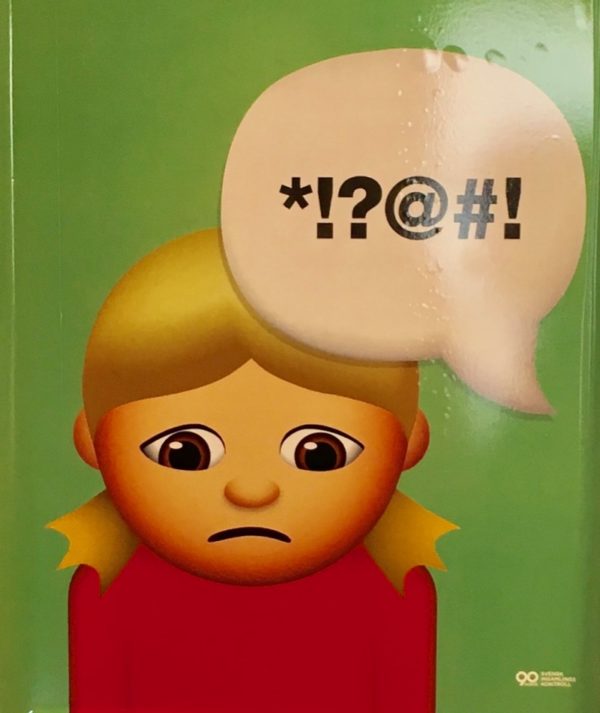When I attended US schools in the 1970s, the term “bullying” was used to describe extreme cases of recurrent physical abuse of kids, by kids. Verbal abuse, no matter how severe, was identified by the soft term “teasing.”
Most of the adults around us did not see teasing as a problem that they could or should address. Everyone advised victims to reply with the childish chant: “Sticks and stones may break my bones, but words can never hurt me.” We all knew that this was bullshit: words can hurt – a lot – and are often intended to do so. But adults believed that: “It’s all part of growing up; kids have to toughen up and learn to handle it.”
School bullying of all kinds is now recognized as a problem to be combated (though, in America, it is still widespread, devastating, and sometimes lethal). But what happens when bullies grow up and enter the workforce?
Everyone in corporate life takes training in how not to harass people based on gender, sexuality, race, religion, or other protected category. When such training and policies are backed with real enforcement, that’s great – as far as it goes. But there’s little or no training to address harassment that cannot be framed in any of those terms. In other words: we are not trying to combat or even to recognize old-fashioned schoolyard-style bullying when it happens among adults in the workplace. And it does.
If a victim of workplace bullying attempts to get help or even just share their story (perhaps to warn others away from a toxic work environment), common responses include gaslighting, minimization, or outright disbelief: “It couldn’t have been that bad.” “I can’t believe [bully] would behave that way.” “You’re a man, you can take it.” “Everyone’s a jerk sometimes.” The response may even be acceptance: “Yeah, he’s an asshole, but he’s a 10x programmer – we need him.” “Yeah, he’s an asshole, but he’s influential and could help or hurt my career.”
It’s not just men who bully. Women bully other women in the workplace, a fact that every woman knows and most have experienced, especially women of color. But to say so out loud seems to be letting down the feminist side. Aren’t we supposed to be uplifting our sisters? How could we admit, especially to men, that some women are trying hard to keep their sisters down?
This topic deserves a lot more words and energy than I can spare right now. But I do want to say: if someone tells you that they have been harassed by a colleague, even if it’s “just” verbal, even if both bully and victim are white men or white women: take it seriously. Exactly as you would other types of abuse. Because… why wouldn’t you?
further reading: Brilliant Jerks in Engineering, by Brendan Gregg
The illustration is a photo I took in Stockholm of a poster publicizing emojis intended to help children communicate about abuse.





Its pathetic. After facing that in childhood, I never expected to have that at a workplace. I think bullying is the gap between cognitive bias, racism and self esteem. I can suggest Robert Sutton’s Asshole Survival Guide as a field guide.